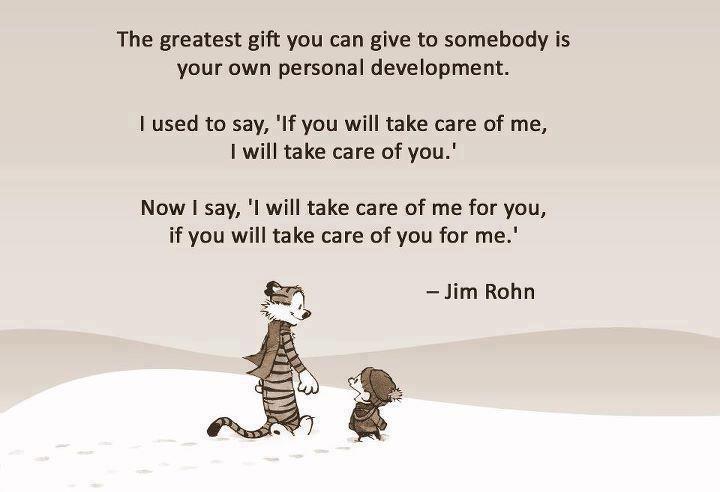|
“It is no measure of health to be well adjusted to a profoundly sick society.” --Krishnamurti We live in a culture awash in toxically confluent sentiment and behavior. What is that, you ask? Confluence is a state of being wherein an individual experiences a complete lack of boundary between his or herself and another. The person in a state of confluence cannot tell what he or she truly feels and is unable to differentiate their own wants, needs and experiences from that of another. Turn on the radio and chances are good (very good) that you will hear a song detailing the drama, and likely extolling the virtues, of confluence. Make no mistake; confluence has its role in human existence. After all, what is the spiritual experience if not a dissolution of boundaries and a joining of the individual with a greater whole? Or the union of lover’s in passions intimate embrace? The problem arises when an individual becomes trapped in a state of chronic (what I am calling “toxic”) confluence, unaware of the boundary between him or herself and another. Unable to make true contact (and equally unable to retreat or withdraw into him or herself) the individual suffers. The chronically confluent individual places a lower priority on one's own needs, while being excessively preoccupied with meeting or controlling the needs of others. Because our culture has made such a virtue of condependence and confluence it can be very difficult to differentiate true empathy and compassion from toxic confluence as the intentions may frequently appear similar. However, empathy and compassion promote connection, mutual respect and clear communication. Chronic confluence, on the other hand, is chatacterized by denial, excessive compliance, manipulation and control. In a person's speech pattern, confluence can be detected by an over usage of the term "we" rather than "I" as the chronically confluent person attempts to speak for all instead of for self. “Love and violence, properly speaking, are polar opposites. Love lets the other be, but with affection and concern. Violence attempts to constrain the other’s freedom, to force him to act in the way we desire, but with ultimate lack of concern, with indifference to the other’s own existence or destiny…We are effectively destroying ourselves by violence masquerading as love.” —R.D. Laing If you think that you might be operating from a place of chronic confluence, here are some considerations:
When you are in contact with another, how do you feel (both emotionally and physically)? Is your body tight? Is there rush of energy accompanied by panicked or anxious feelings without clear cause? Do you feel a need or desire to control the actions or words of another? Or is your own sense of well- being dependent on the actions and words of another? If so, you may be entering a place of toxic confluence. Check your intentions. Are you engaging in a way that is clear and direct or are you acting in a manipulative manner? Can you take a breath, then clearly state your true needs, wants, desires or fears to the other? Or are you taking on a role of victimhood or martyrdom? If so, what does that do for you? Do you feel like you have a choice as to whether you engage with this person or not? Where are you in the moment? Are you valuing yourself as much as you value the other? Can you take responsibility for your own emotions and allow the other to take responsibility for their own? There is a distinct (and often subtle) difference between being supportive of another and being obligated to another. When the individual takes on the responsibility for another's moods, feelings, decisions or actions, it shifts the relationship from one of openness and respect to manipulation and control. The distinction between compassion and empathetic engagement with another, and chronically confluent codependency can be blurry. As always, awareness and honesty can help you live a more balanced, contactful life.
0 Comments
Leave a Reply. |
AuthorBryan Dieterich, MA, LPC Archives
March 2020
Categories
All
|

 RSS Feed
RSS Feed
